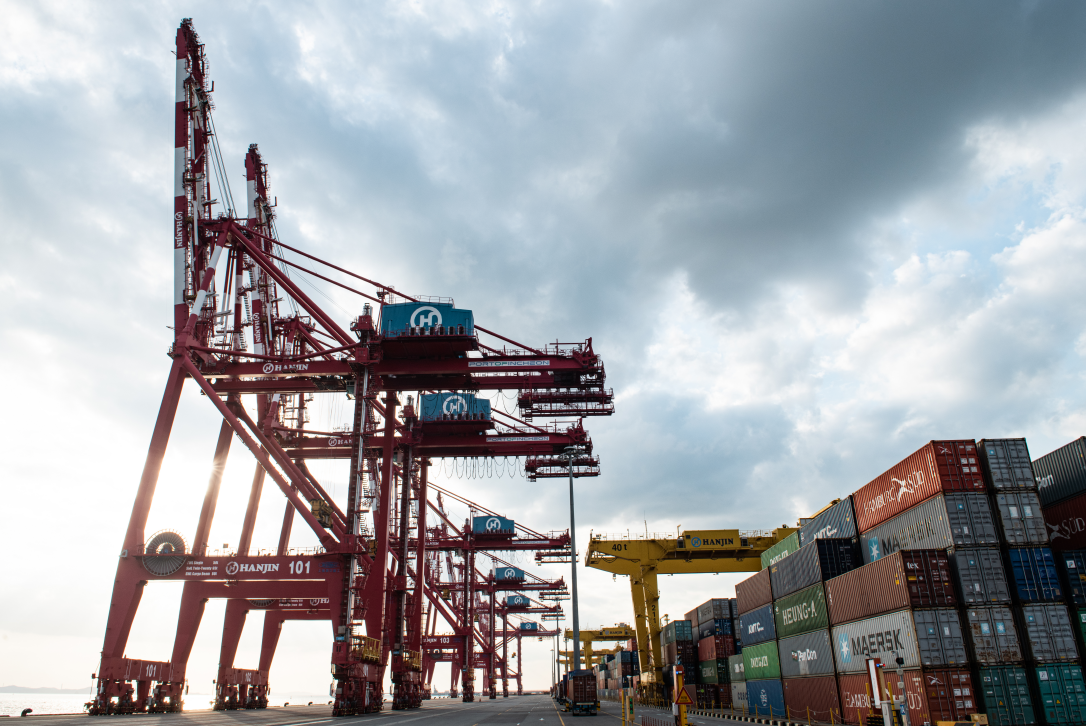キルギス、ロシアの再輸出貿易に対する管理強化を発表
紹介:
最近では, 特定の国を通じてロシアに製品が供給される可能性について憶測が飛び交っています, キルギスを含む, facing sanctions due to Russia’s military actions and growing trade with Central Asian nations. こうした懸念の中で, the United States has been considering the implementation of sanctions against Kyrgyzstan. しかし, the Kyrgyz government has taken proactive steps to address the situation and prevent any potential repercussions on its trade activities.

Growing Trade Ties with Russia:
The trade relations between Russia and Central Asian countries have witnessed significant growth recently, prompting global attention. While trade can be beneficial for economic development, concerns arise when it involves goods that might be subject to sanctions due to geopolitical developments.
Kyrgyzstan’s Role in Re-export Trade:
キルギス, as a pivotal country in the region, has been in the spotlight due to its role in facilitating re-export trade to Russia. Reports suggest that some products supplied to Russia through Kyrgyzstan might be under scrutiny for potential sanctions, given the ongoing situation with Russia’s actions and its implications on the global stage.
Sanctions Speculations and Denials:
The U.S. government officials hinted that sanctions against Kyrgyzstan could potentially be imposed by the end of July, leading to discussions in various media outlets. しかし, it is essential to clarify that these sanctions are not directly related to ordinary trademark infringements or general trade matters.
Clarifying the Intent:
The Kyrgyz government has categorically denied any intent to evade sanctions or participate in activities that may violate international trade regulations. The country’s Prime Minister, Azarbek Zaporov, emphasized that necessary precautions have been taken to ensure that any sanctioned goods do not cross the country’s borders and do not end up in restricted regions.
Working Towards Transparent Trade:
To demonstrate their commitment to transparent trade practices, the Kyrgyz government has been working closely with Western representatives, including the European Union and the U.S. Embassy. These collaborations aim to enhance export control measures, especially concerning dual-use items that may have implications for sensitive industries or military applications.
Enhancing Customs and Tracking Mechanisms:
Kyrgyzstan’s economic and business department has announced the reinforcement of export control on military and dual-use items. These goods have been added to the country’s risk management system and are now tracked using electronic invoices. Importing such items now requires mandatory licenses to ensure compliance with international regulations.
Concluding Thoughts:
As Kyrgyzstan continues to collaborate with international partners and improve its export control mechanisms, the country is determined to maintain fair trade practices while mitigating any potential impact of global sanctions. These developments underscore the significance of transparent trade relations between nations and the importance of upholding international trade laws and regulations.

 中国における自動車
中国における自動車